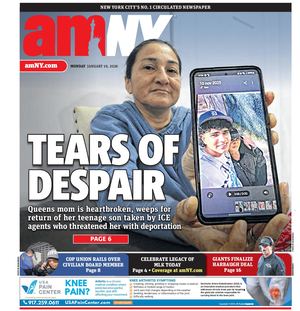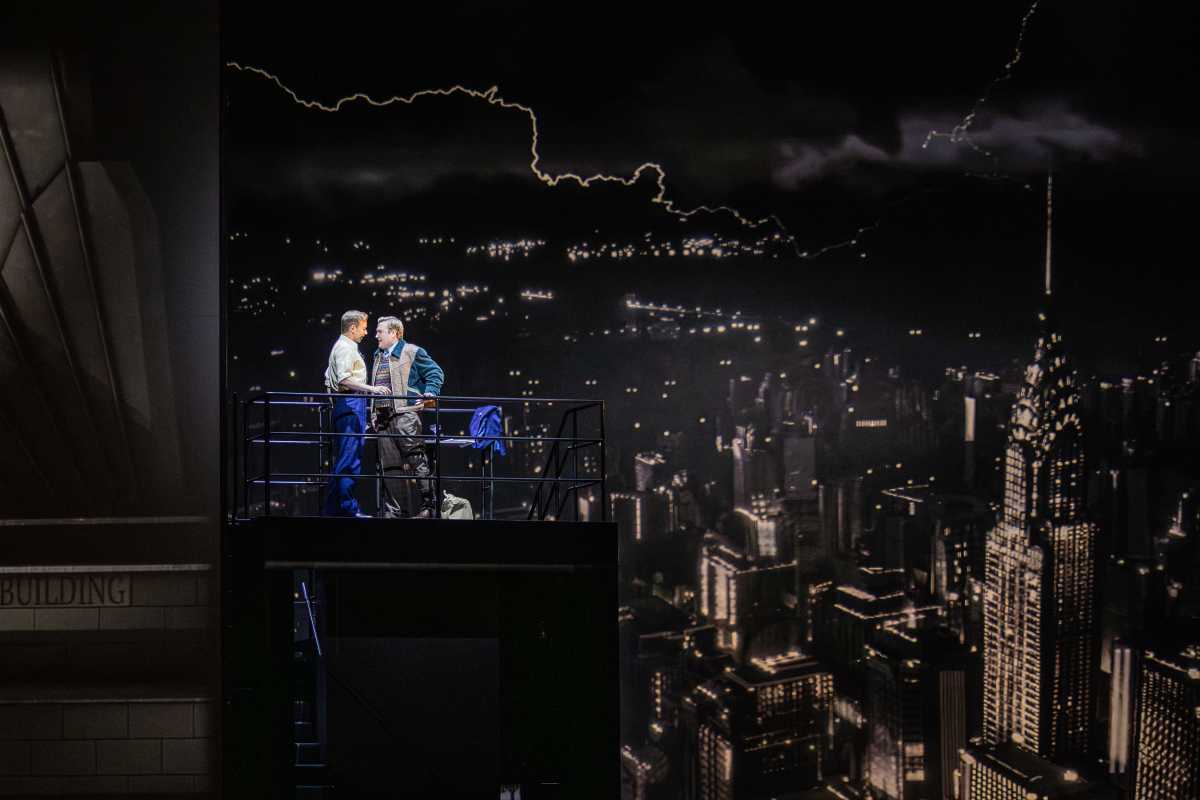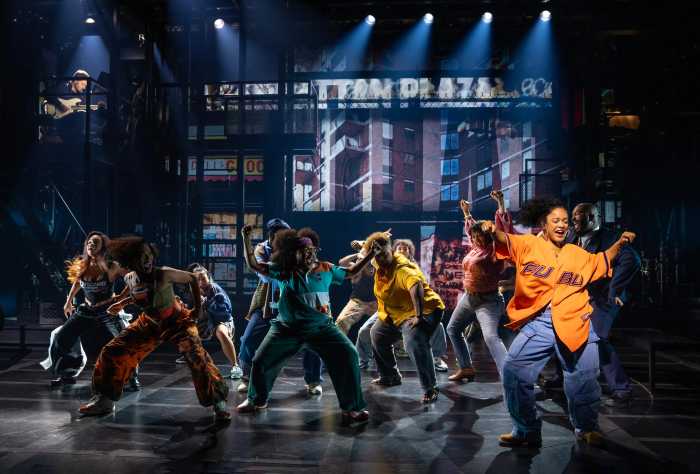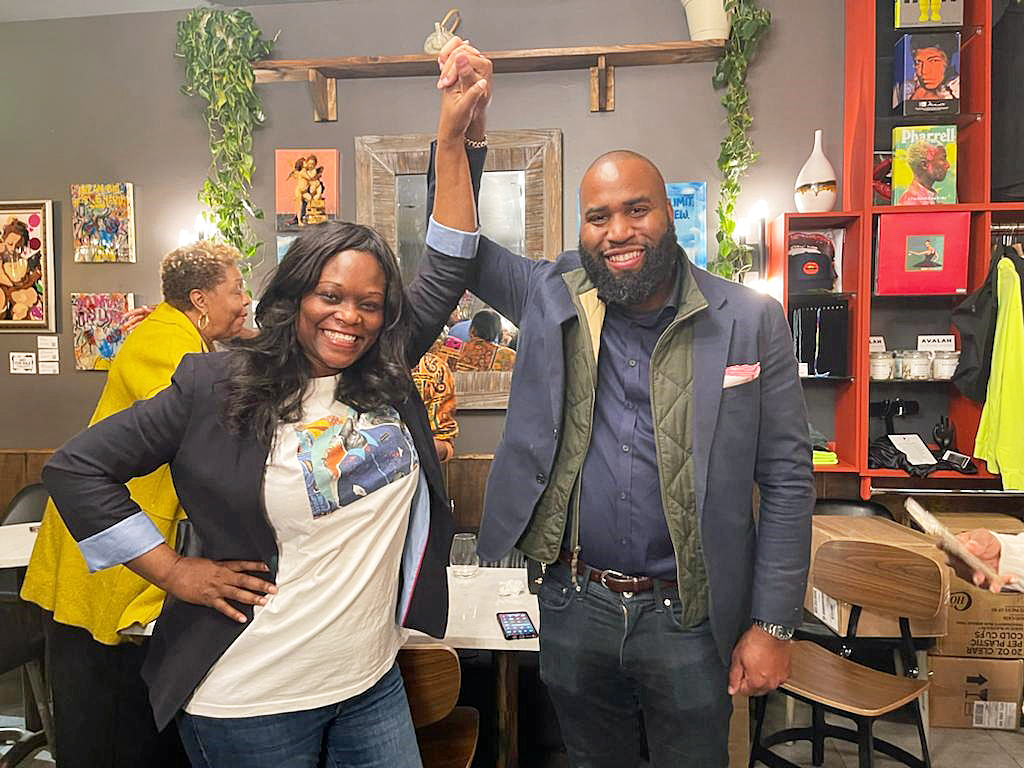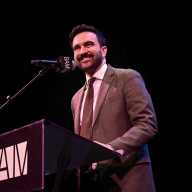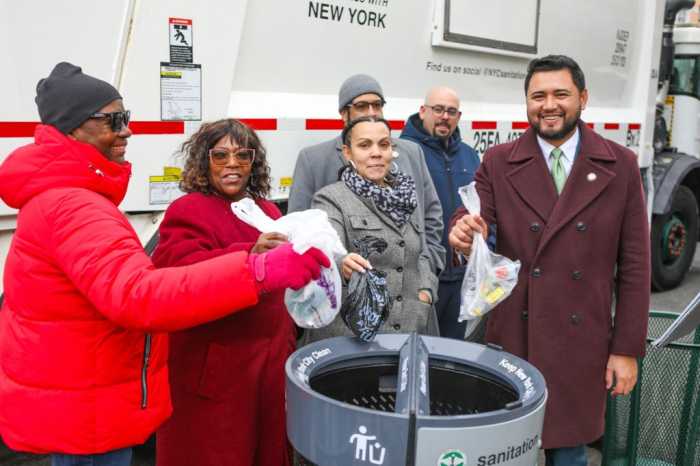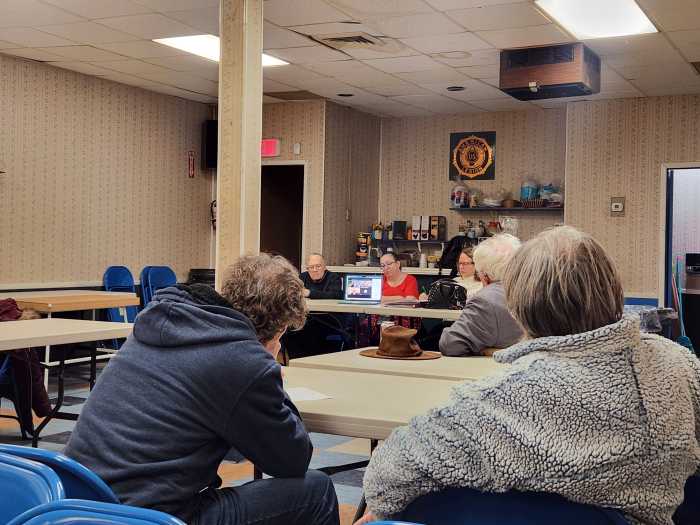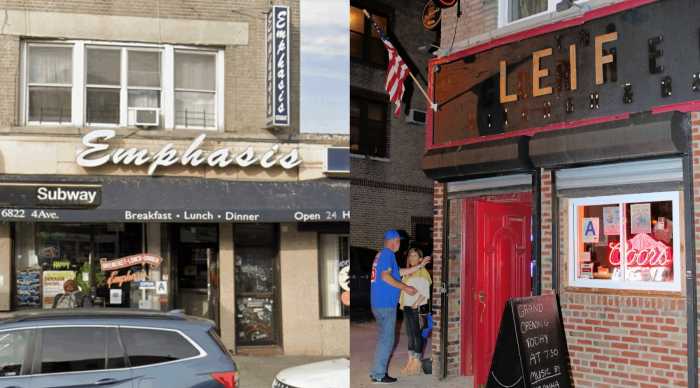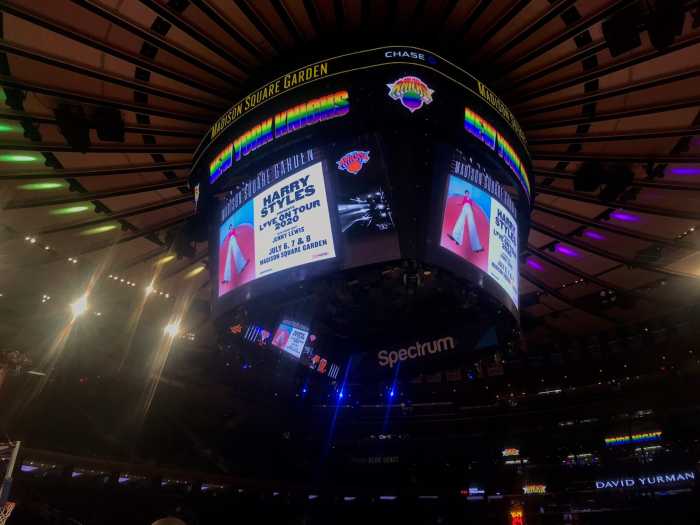Sad, strange, supernatural, slow, static, stuffy, slight and stilted – English playwright J.B. Priestley’s three-act drawing room drama “Time and the Conways” is an intriguing but difficult, delicate and dated piece that has not received a major New York production since 1938.
It’s the kind of play you’d expect to see produced by Off-Broadway’s Mint Theater Company, which specializes in little-remembered works by overlooked writers.
But for whatever reason, the Roundabout Theatre Company has brought it back to Broadway, in an occasionally stimulating, mostly dull production directed by Rebecca Taichman (who recently won a Tony Award for “Indecent”), with a cast led by Elizabeth McGovern (who played Cora on “Downton Abbey”).
Using an upper-class family to represent the promise and failures of England during the period between World Wars I and II, the play opens in 1919 with the widowed and self-centered Mrs. Conway (McGovern, in an over-the-top performance that feels fake) and her six young adult children hosting a jubilant party. They look forward to a future of peace, prosperity, romance and equality.
We then flash forward 18 years to the same drawing room, at which point Mrs. Conway has squandered the family fortune and youngest child Carol (Anna Baryshnikov, in a radiant Broadway debut) has died.
The other children are miserable and unsatisfied – except for aloof and awkward Alan (Gabriel Ebert), who rather randomly explains to his sister Kay (Charlotte Parry) J.W. Dunne’s theory of serial time, in which the past, present and future exist simultaneously – which is reflected in the production’s elaborate design scheme.
The third act shifts backward in time to the party scene of act one, exposing the choices that will lead to the characters’ sad fates.
Except for a handful of striking moments, the play comes off as a boring mishmash of Chekhov’s “The Cherry Orchard,” Sondheim’s “Merrily We Roll Along” and, of course, “Downton Abbey.”
Perhaps it would work better with an all-English cast that possesses ensemble unity. Here, the performances are uneven – and so are the accents.
Priestley is best-known in the United States for his engrossing mystery-interrogation drama “An Inspector Calls,” which has not been seen in New York for two decades. Why didn’t the Roundabout present that instead?
